You may have heard the saying before that "there is no replacement for displacement." This means that a larger engine will always be better than a smaller engine. But is this really true? Can any engine fit in any car? In this blog post, we will explore the possibilities of engine swaps and try to answer this question once and for all!
The answer is yes, any engine can fit into a car...with a few caveats. Whether you are replacing or upgrading your engine, you must do your research and invest time and money to find a compatible engine for your car.
There are a lot of factors to consider when choosing an engine for your car. You need to make sure that the engine is compatible with the other systems in your car. In this blog post, we will explore the question of whether or not any engine can fit in any car. We will also discuss some of the factors that you need to consider when replacing or upgrading your car's engine.
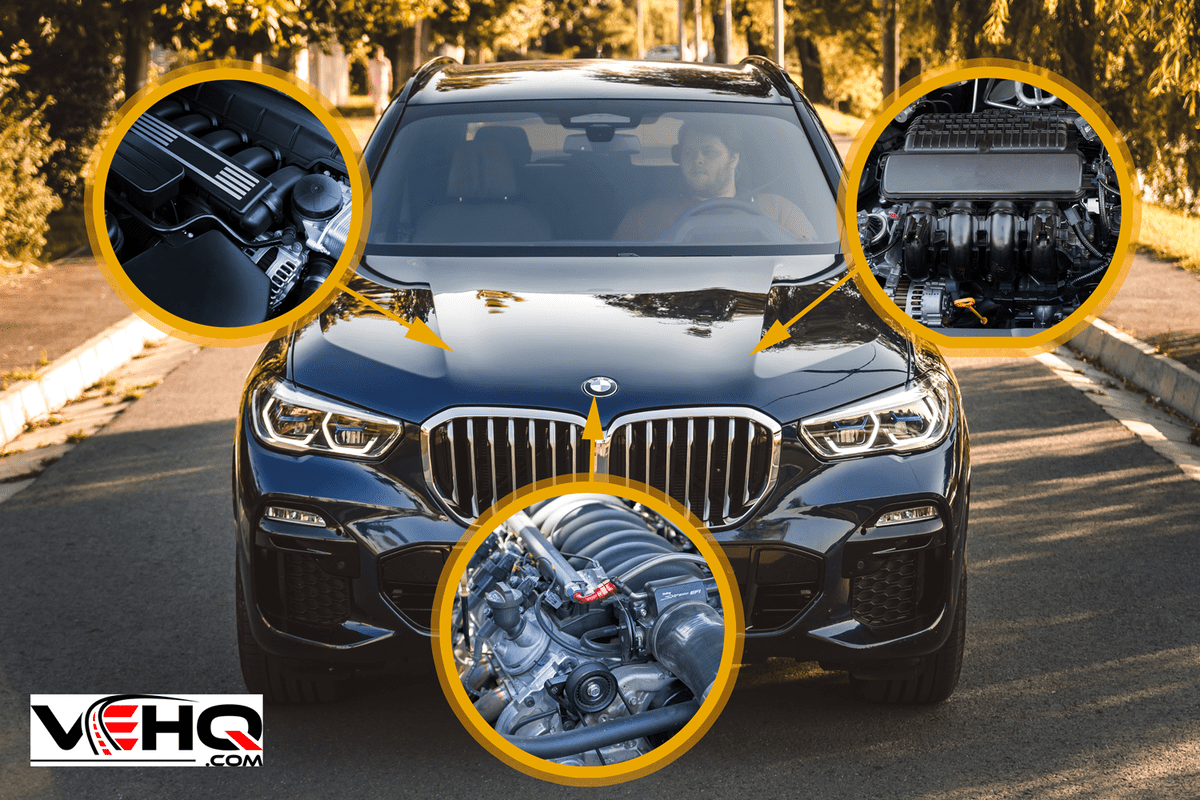
What Is Engine Swapping
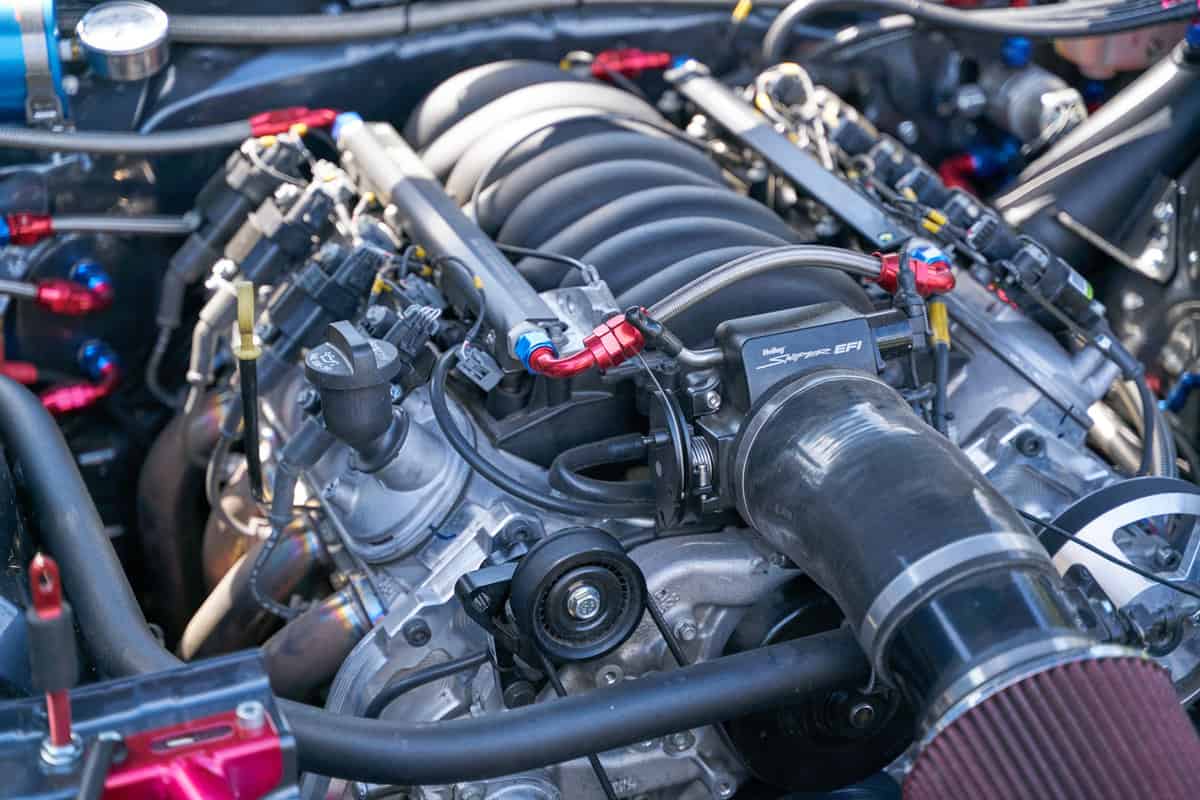
Engine swapping is the process of removing the engine from one vehicle and installing a new one or replacing it with another. It is often done in order to replace a damaged or malfunctioning engine with a working one, but it can also be done to upgrade to a more powerful engine.
Engine swapping can be a complex process, and it is important to make sure that all of the necessary parts are compatible before beginning the swap. In some cases, it may also be necessary to modify the engine mount or transmission in order to complete the swap. However, with careful planning and execution, engine swapping can be a successful way to upgrade or repair a vehicle.
How Much Does Engine Swapping Cost
Engine swaps can be very expensive, especially if you are working with a high-performance engine. You will also need to factor in the cost of labor and any other parts that you may need to replace during the swap.
Typically, it will cost you around $2,000 to $8,000 to complete an engine swap. A mechanic's fee ranges from $50 to $500 per hour. Depending on the engine type, it will cost you at least $1500 up to $10,000. Some people will invest more than that for high-class engines and other block parts.
Aside from the labor and engine block, you might have to pay for other car parts such as replacement transmission (if necessary), swap kit or parts cost, exhaust, fuel tank, venting system, and regulator.
Can You Do Engine Swap Yourself?
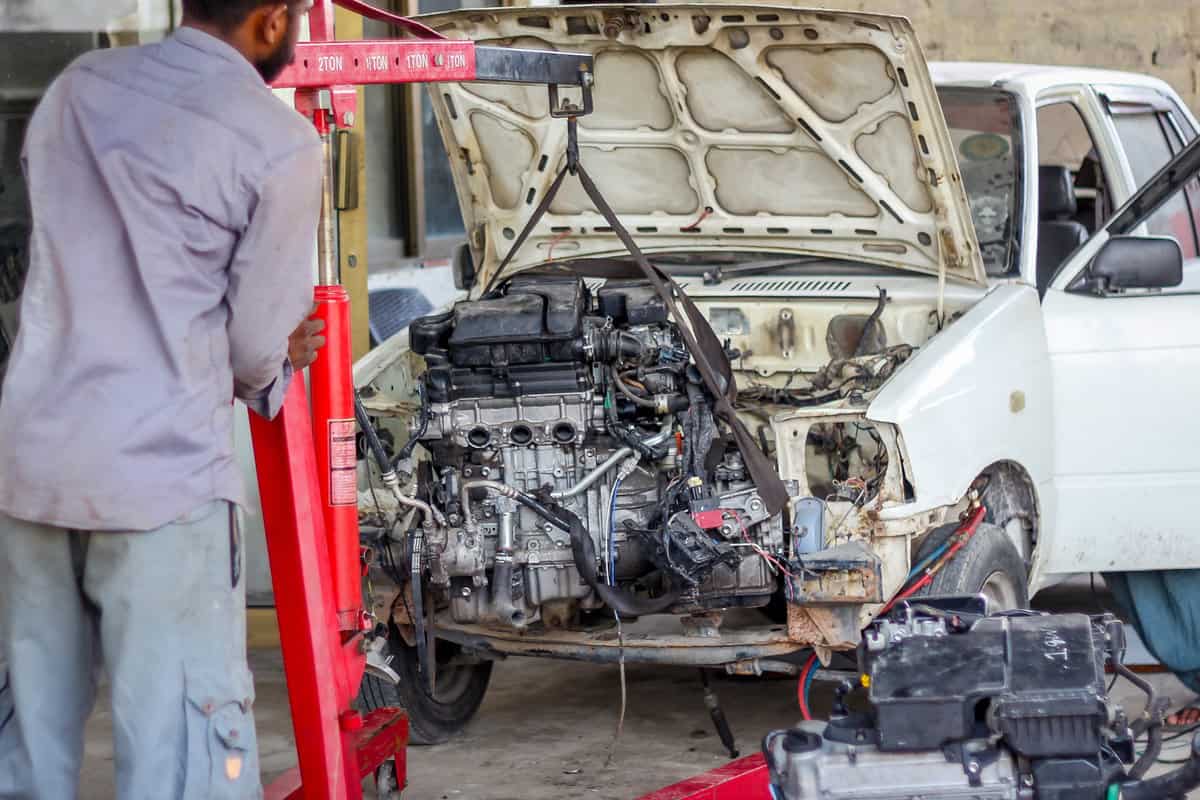
If you're mechanically inclined and have some experience working on cars, then you might be able to do it yourself. However, if you're not sure what to do, it's probably best to leave it to the professionals.
An engine swap is a complex operation that requires special tools and knowledge. Plus, if something goes wrong, you could end up doing more damage to your car than if you had just taken it to the garage in the first place. So unless you're confident in your abilities. it's probably best to leave this one to the experts.
How Long Does it Take to Complete an Engine Swap?
It usually takes around 8 to 15 hours to complete an engine swap. This mainly depends on the car's model, type of engine work, and the skill of the mechanic. Keep in mind that newer cars have more complicated systems, so it may take more time to swap engines with one.
How to Choose the Right Engine for Your Car
One of the most important factors to consider when doing an engine swap is compatibility. The engine you are installing must be compatible with the car's transmission, suspension, and overall chassis.
This can be a tricky task, especially if you are working with an older car. But if you do your research and plan ahead, it is definitely possible to find a compatible engine for your car.
No two engines are alike. Even if they're the same model, make and year, there will be slight variations that make one uniquely different from the other.
So, how do you know which engine is right for your car? Here are a few tips to keep in mind when doing your research.
- Take note of the type and size of the engine. Is it a V8 or a V6? Does it have four cylinders or eight? The size of the engine will have a big impact on how much power your car has and how much fuel it uses.
- Pay attention to the condition of the engine. Has it been well maintained? Are there any obvious signs of wear and tear? A used engine might be a great deal, but if it's not in good condition, it could end up costing you more in repairs down the road.
- Check out the warranty. Most engines come with some type of warranty, but some are better than others. Make sure you understand what's covered before you make your purchase.
By following these tips, you can be sure you're getting an engine that's compatible with your car.
Are There Any Benefits to Choosing a Specific Type of Engine for Your Vehicle?
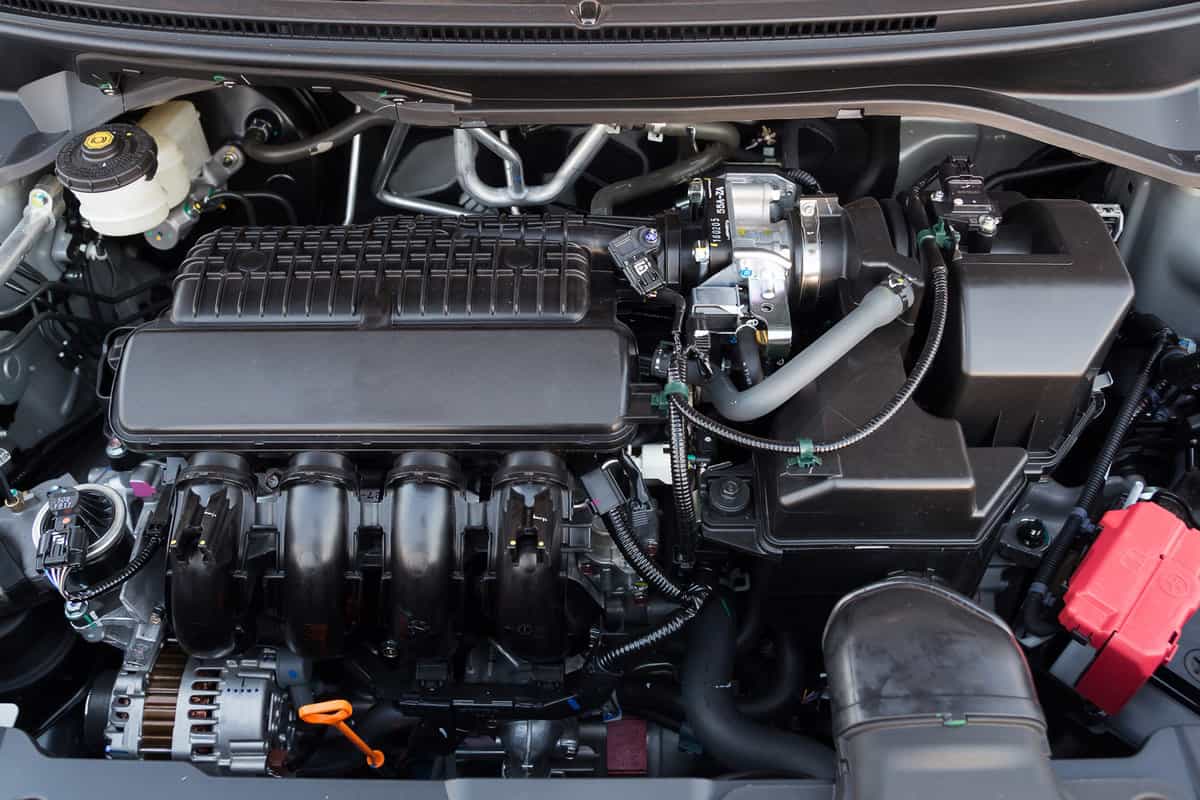
When it comes to choosing an engine for your vehicle, you have a few different options. You can choose a gas engine, a diesel engine, or an electric engine. Each type of engine has its own pros and cons.
Gas engines are typically more affordable and easier to find parts for. However, they're not as efficient as diesel or electric engines.
Diesel engines are more expensive, but they're also more powerful and efficient.
Electric engines are the most expensive option, but they're also the most environmentally friendly.
Ultimately, the best type of engine for your vehicle depends on your budget and your needs.
How Do You Know if an Engine Needs to Be Replaced or Repaired?
There are a few signs that your engine might need to be replaced or repaired:
- If your check engine light is on. This could mean that there's a serious problem with your engine, and you should take it to a mechanic right away.
- When your car is making strange noises, like knocking or grinding. These could be signs that the engine bearings are wearing out or that there's something else wrong with the internals of the engine.
- If your car is having trouble starting or staying running, that's also a sign that something might be wrong with the engine.
If you notice any of these things, it's best to take your car to a mechanic and have them take a look. They'll be able to tell you for sure whether you need to replace or repair your engine.
Should I Replace the Engine or Get a New Car?
Trying to decide whether to replace the engine in your car or just get a new one can be tough. Of course, the cost is always a factor to consider. In general, it is usually cheaper to replace the engine than to buy a new car.
However, that does not mean it is always the best option. Sometimes, the cost of replacing the engine is close to the cost of buying a new car, and in those cases, it usually makes more sense to just get a new car.
Another thing to keep in mind is how much money you have invested in your current car. If you have a lot of money wrapped up in it, then replacing the engine may be the best option because it will help you keep your investment for longer.
The decision comes down to a combination of factors, and there is no definitive answer.
What Should You Do if Your Car's Engine Breaks Down While You're Driving It?
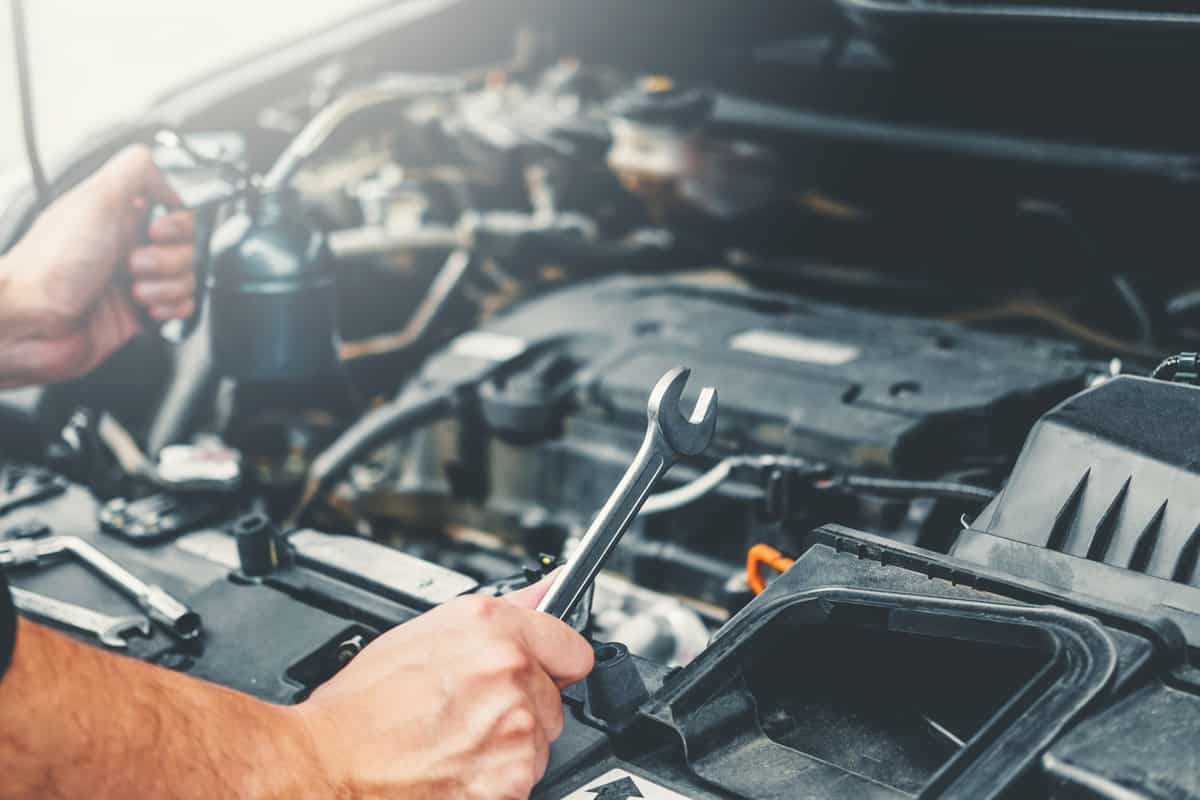
If it happens to you, don't panic! There are a few things you can do to help get your car back on the road.
First, if you have a cell phone, call a tow truck or a friend for help. Next, if you can safely pull off to the side of the road, do so. Once you're out of the way of traffic, turn on your hazard lights to warn other drivers.
Finally, depending on the problem, see if there is anything you can do to fix it yourself.
Wrapping Up
With a little bit of planning and forethought, you can find an engine swap that will work for you and your car.
Do you have any more questions about engine swaps? Let us know in the comments below!
And be sure to check out our other blog posts for more information on car maintenance and repairs, such as these great posts:
